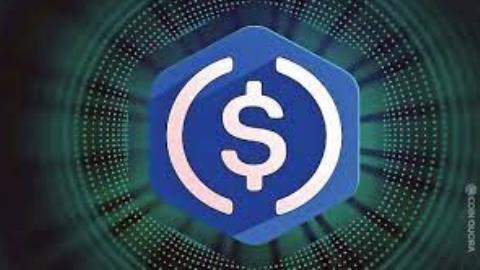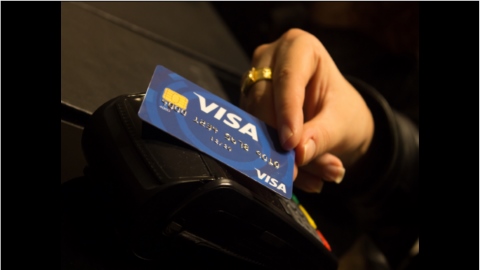
Similar Posts

Unlocking Blockchain’s Potential: How Constraints Drive Innovation and Breakthroughs
Blockchain interoperability is becoming crucial in a fragmented digital landscape, where isolated blockchain networks hinder innovation and user experience. Historically, the internet overcame similar challenges, transitioning from exclusive platforms to an open web, facilitating seamless communication through vital protocols. Today, the blockchain ecosystem faces issues like poor user experiences, siloed innovation, and fragmented liquidity, exacerbated by over 120 layer-1 blockchains and numerous layer-2 solutions. Proposed solutions like wrapped tokens and cross-chain messaging come with security risks and increased costs. Emphasizing composability, where blockchain components can interact, is essential for a more connected and efficient ecosystem, fostering innovation in decentralized applications.

BX Digital Launches Innovative DLT-Based Settlement System for Digital Assets in Switzerland
The launch of the new DLT trading facility represents a significant advancement in digital finance, enabling settlements in Swiss francs and asset transfers on the Ethereum blockchain without intermediaries. Key features include secure transactions, direct asset transfers, and integration with the Swiss National Bank. BX Digital leadership highlights the platform’s potential to enhance market efficiency and regulatory clarity, attracting partnerships with banks and issuers. The initiative aims to innovate digital asset trading and expand beyond Swiss markets, setting new benchmarks in the financial landscape. Future developments are anticipated to further transform trading dynamics.

Mastercard Revolutionizes Stablecoin Transactions with Innovative 360-Degree Strategy
Mastercard is positioning stablecoins as vital elements in modern payment systems, moving beyond mere cryptocurrency trading. The company highlights the need for stablecoins to be practical for daily use, seamlessly integrated into existing financial structures, and user-friendly to achieve global adoption. To facilitate this, Mastercard has formed partnerships with major crypto platforms like MetaMask, Kraken, and Binance, and is launching the OKX Card for easier access to funds. Additionally, collaborations with Nuvei and Circle will enable merchants to accept stablecoin payments, underscoring Mastercard’s commitment to enhancing payment efficiency and the overall user experience in digital finance.

Visa Backs Innovative Stablecoin Startup BVNK: A Game-Changer in Digital Finance
The recent surge in stablecoin adoption has attracted major investors, exemplified by BVNK, a London-based firm that raised $50 million in a Series B funding round. Visa’s analysis highlights the global stablecoin market’s growth, predicting $27 trillion in transaction volume across 1.25 billion transactions by 2024. BVNK, a licensed electronic money institution, facilitates seamless transactions for clients like Ferrari, processing over $12 billion annually. To expand its presence, BVNK is entering the U.S. market with new offices in San Francisco and New York, supported by industry veterans. Visa underscores stablecoins’ increasing role in global payment flows.

Bakkt’s Shares Dive as Major Crypto Clients Exit: What It Means for the Market
Bank of America and Webull have opted not to renew their agreements with Bakkt, a significant change for the cryptocurrency services sector. Bank of America accounted for 16% of Bakkt’s loyalty service revenue in 2023, while Webull contributed 74% of its crypto services revenue. The non-renewal raises concerns about Bakkt’s future revenue and business strategy. In response, Bakkt has requested an extension for its 2024 annual report filing with the SEC, indicating potential challenges in financial disclosures. Founded in 2018, Bakkt went public in 2021 and now faces critical decisions amid these partnership withdrawals.

Blockchain Advocates Take Legal Action Against IRS Over Controversial DeFi Regulations
The recent lawsuit filed by the Blockchain Association, DeFi Education Fund, and the Texas Blockchain Council in a US District Court in Texas has stirred significant interest in the ongoing debate surrounding cryptocurrency regulations. The primary focus of this legal action is the new IRS rules set to take effect in 2027, which the plaintiffs…
